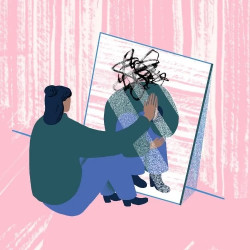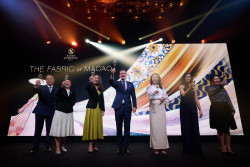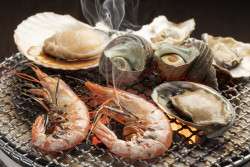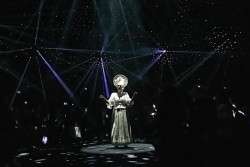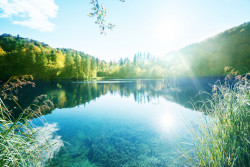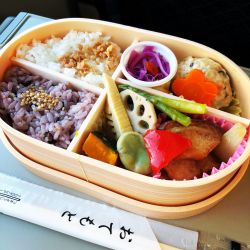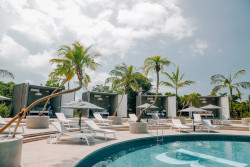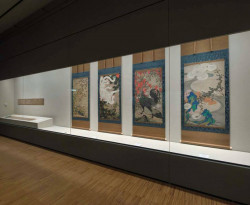
Originally published on metropolis.co.jp on September 2011

For a transcendent drinking experience, Vowz Bar in Yotsuya-sanchome promises spiritual delights as well as libational ones. The bar’s name—a linguistic curiosity—is a transliteration of the Japanese word bozu, meaning “monk,” with the English word denoting what novitiates swear as they begin their journey to personal individual liberation.
This watering hole is run completely by such individuals, specifically followers of “The Easy Path,” the Jodo Shinshu sect, the most widely practiced branch of Buddhism in Japan. And it’s easy to see why—the Jodo Shinshu have no rules. They are allowed to drink alcohol, indulge in the pleasures of women, and are not required to do any excessive physical training or deprivation.
One of the resident monks, Kohji, who speaks excellent English, is actually of the Soto sect. “The fifth rule of the Soto sect,” he told us, “prohibits the use of alcohol.” We laughed. He was standing behind the bar serving us drinks at the time.
Every day at 10pm, Vowz’ co-founder and spiritual leader Gugan Taiguchi—a portly, blind monk with big, dark glasses and a wide, toothy grin—gives a short lecture (in Japanese). In this lecture he responds to the questions and wide-ranging problems of the punters. We got there on Friday night at about 10:15 and it was completely packed. After a few minutes the talk finished, and while it remained lively we managed to secure a spot at one of the low corner tables.
We were surprised at the large proportion of attractive women, and asked Kohji about it. He nodded sagaciously. “I don’t understand it,” he said. “But it’s always like this.”
Perhaps they flock through the door to imbibe some of the special cocktails on offer (¥800). “Heaven and the Pure Land” is a mixture of strawberry, lychee and mango liqueurs that sit in the glass in a charming rainbow designed to portray the glorious levels of enlightenment. Though sweet, it wasn’t cloying and the delightful fruitiness had one of us reaching for nirvana. A companion tried the “Hell of Love,” a musky red drink that evoked thoughts of carnal retribution. The Japanese businessman sitting next to us explained that the cocktails were a little spurious, as there is no Buddhist notion of hell. All the more reason to laugh with the sinners and cry with the saints.
Those worried that stepping through the doors of Vowz is tantamount to actually taking them should relax. According to Kohji, only 5% of the customers are committed Buddhists. Most people just come in for the friendly vibe. A note of incense hangs in the air, and the low tables and benches are reminiscent of a Thai beach bar (without the beach). In fact, much of the décor is from assorted Buddhist traditions, such as Tibetan and Thai Theravada.
The ¥500 cover charge included those fried and salted spaghetti noodles now almost ubiquitous at bars and eateries around the metropolis. In this setting, they resembled incense sticks. Other snacks on the menu include homemade sesame dough with wasabi (¥500).
Standard nama Yebisu or bottled Corona costs ¥700, herbal beer is on offer at ¥800, soft drinks are ¥400 and various teas are ¥600. But after trying the special cocktails we elected to expand our horizons with some more bizarre options. The bichu with embalmed lizard (¥600)—who stared glassily at us from the bottom of the bottle—had a peculiar reptilian aftertaste to it, while the shiro shochu, bearing a large coiled Okinawan snake, seemed to have some kind of powerful aphrodisiac effect, to the concern of the other punters. Kohji told of an aged local monk who drinks a shot of it every day and has never had a cold in his life.
Any reincarnationists who might worry about coming back as an Okinawan snake in a brewery basement should know that there are two main schools of Jodo Shinshu. The western lot lays a heavy focus on death and rebirth, while the eastern bunch, to whom the bar’s spiritual father belongs, plumps more for joy in this life. And this friendly bar is a good place to find it.
